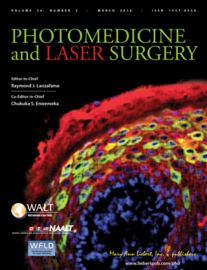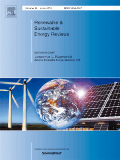 An unusual article that considered the concept of change from a systems perspective — including change in medicine, economics, and decision-making, for instance — has, well, changed from “published” to “retracted.”
An unusual article that considered the concept of change from a systems perspective — including change in medicine, economics, and decision-making, for instance — has, well, changed from “published” to “retracted.”
After commenters on PubPeer called the 2014 paper “gibberish” and even suggested it might be computer-generated, Frontiers in Computational Neuroscience retracted it, noting it “does not meet the standards of editorial and scientific soundness” for the journal, according to the retraction notice. The paper’s editor and author maintain there was nothing wrong with the science in the paper.
Here’s the full note for “Sensing risk, fearing uncertainty: systems science approach to change:” Continue reading Neuroscience journal retracts paper for lack of “scientific soundness”








